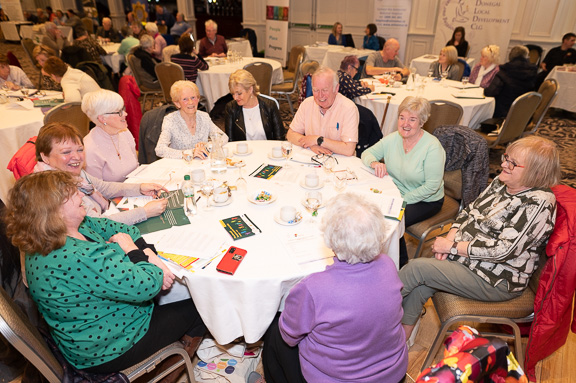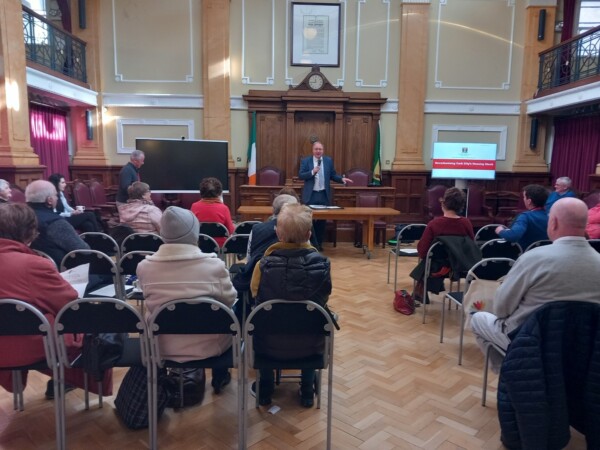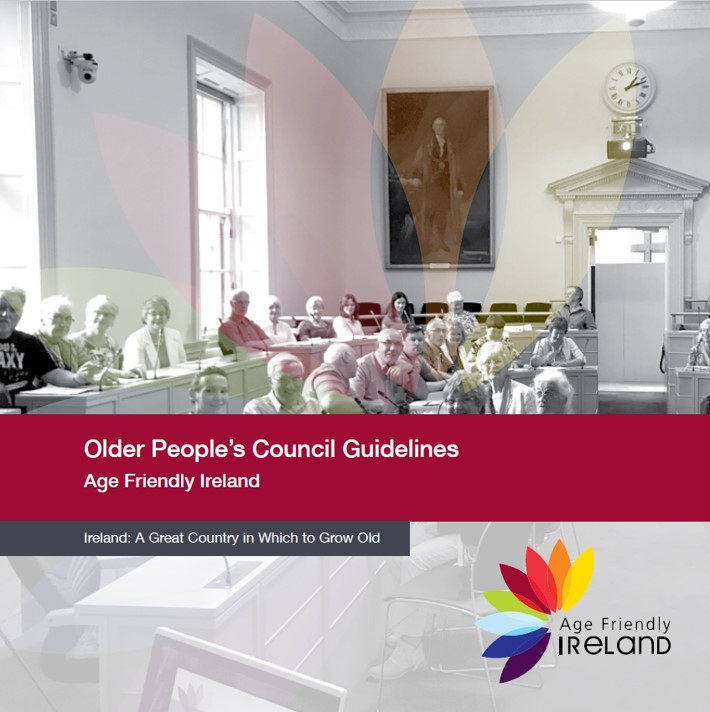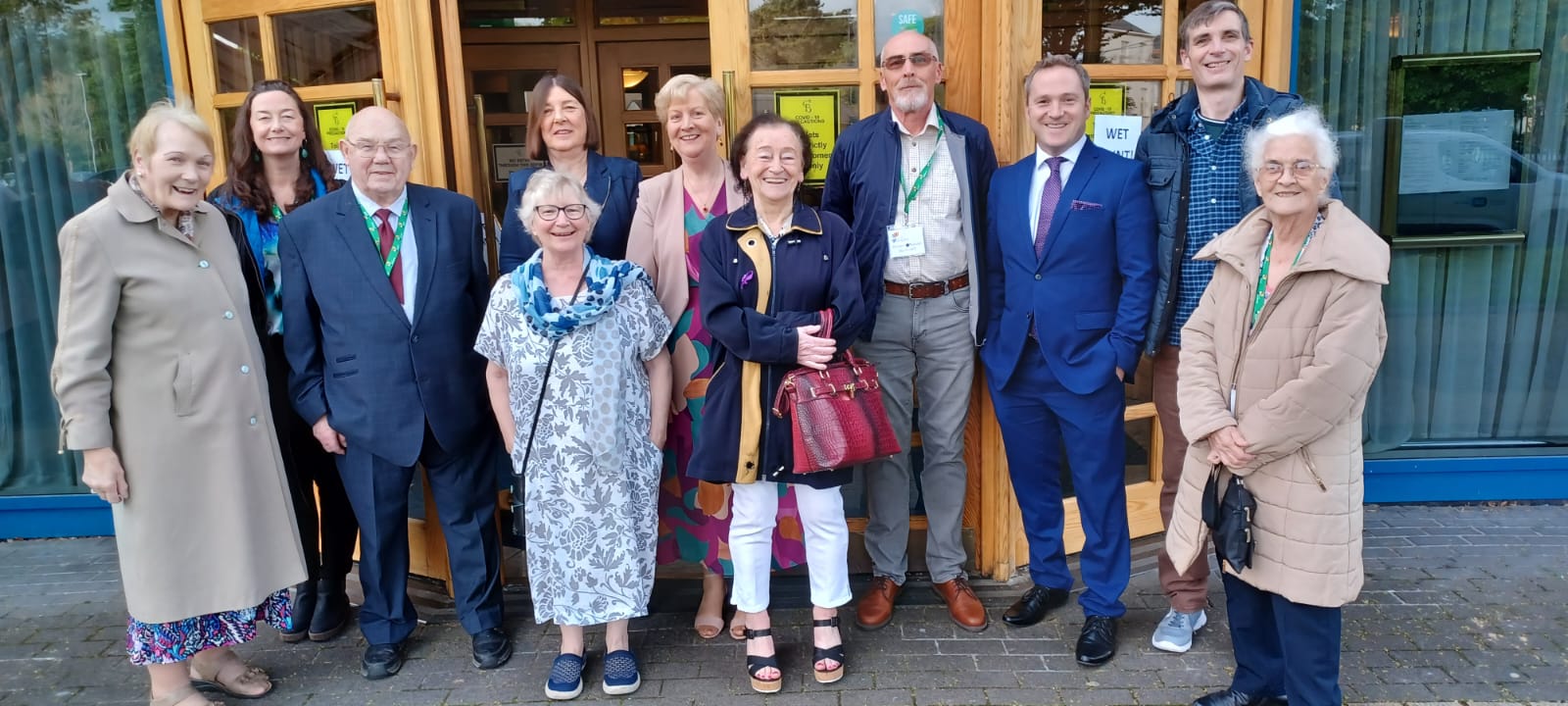What is the Older People’s Council (OPC)?
Older People’s Councils are established in every local authority area of Ireland under the local Age Friendly Programme. They are a vehicle to bring the voice of older people into local government and help to inform private and public service provision.
The key role of members is to

- Provide the voice of older people to support the Alliance at strategic level in the delivery of its actions.
- Co-design solutions in response to barriers and challenges facing older people
- Surface up national policy issues through the Age Friendly Ireland Shared Service
In Ireland, Older People’s Councils are representative groups of older people, established by local authorities as part of the local Age Friendly programme.
The older people identify priority areas and inform the local Age Friendly Strategies.
Older People’s Councils are two tier structures that have a wide membership base representing all older people in the community, and an elected Executive Committee.
The Older People’s Council provides a citizen or service user perspective in monitoring the implementation of strategies.
The membership is made up of individual older people and older people’s groups. The Executive Committee members are elected by the full membership every two years.
Members can include individual older people and older people’s groups, for example, active retirement groups, people with dementia, people living in residential care, and people of different ethnicities.
Each of the local Older People’s Councils nominates a representative to sit on the National Network of Older People’s Councils.
This National Network convenes three times annually to discuss policy issues of national significance and seeks to work in partnership to resolve issues identified by older people that cannot be resolved at local level.

The Role of the National Network of OPCs

- Support and inform the ongoing growth and development of Older People’s Council’s nationally
- Provide a platform for skill sharing and the transfer of knowledge across the age friendly network.
- Support the exchange of good age friendly practices and models of excellence that can be replicated.
- Surface, prioritise and communicate national issues relating to policy or practice.
- Inform the design and prioritisation of themes for the National Convention of Older People’s Councils. This annual conference is attended by representatives of all Older People’s Councils and Age Friendly


